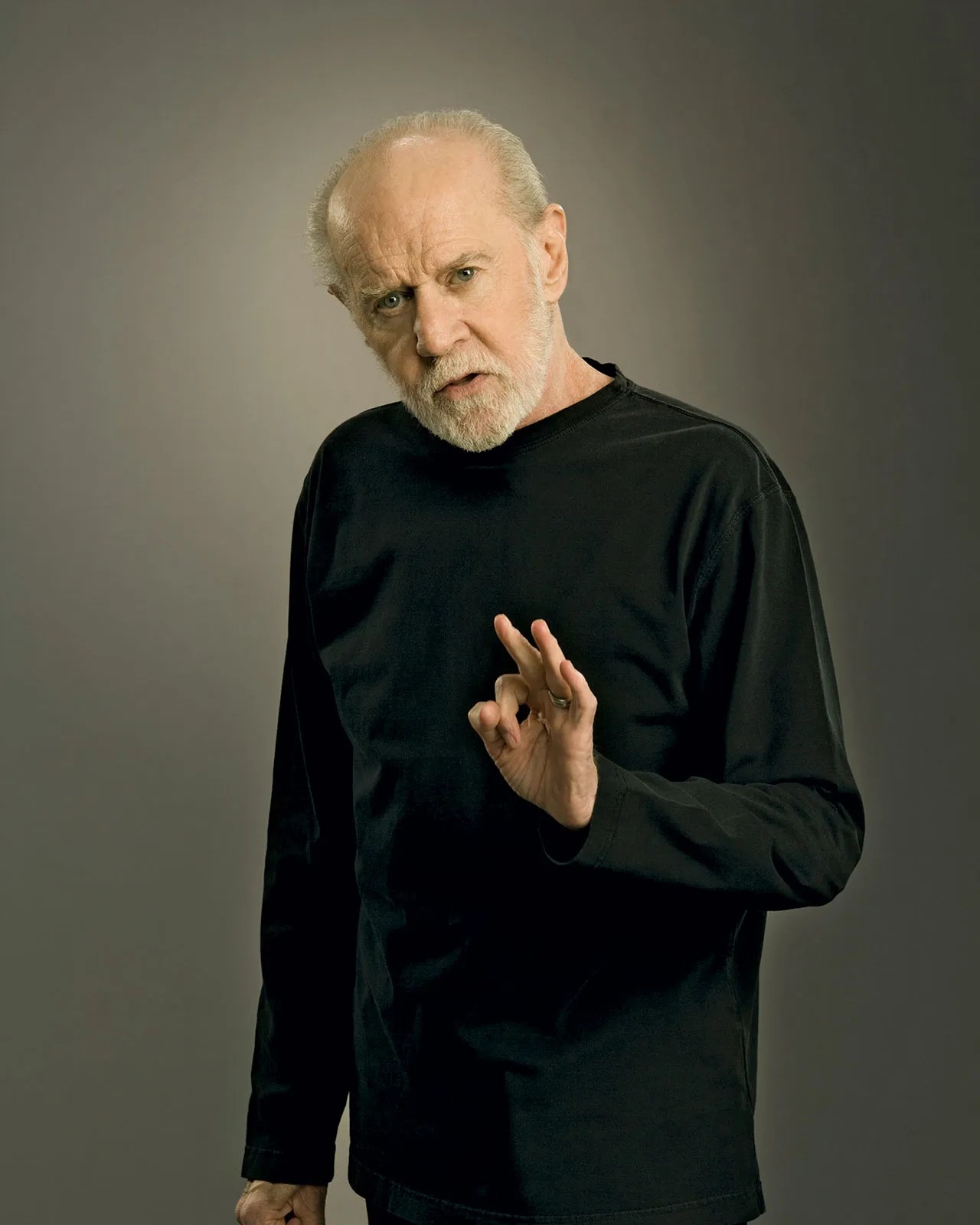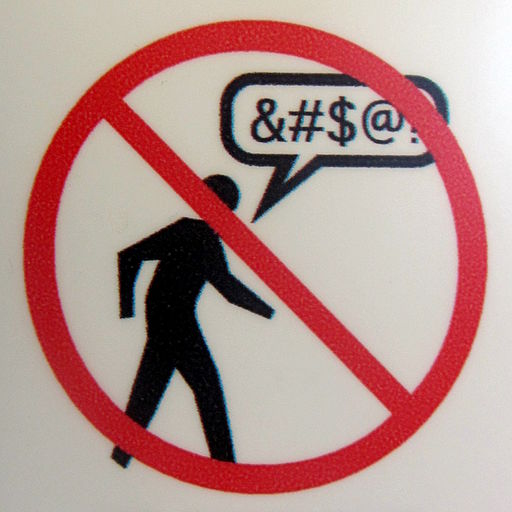Our younger son is going through the “potty talk” phase. He adds “butt” and/or “poop” to any sentence. It’s almost a reflex at this point.
We let him do it, although we draw the line at name calling, but that applies beyond “potty talk.”
He is told at school that he can’t say those things.
Sometimes while driving around with our older son, I’ll listen to podcasts. My son doesn’t really notice unless I’m listening to Smartless. The hosts and guests on Smartless — co-host Will Arnett in particular — are very free with their swear words, and it’s usually some form of “fuck.”
My son points it out whenever they say these words. He does so along the lines of “why are they saying mean words?” or “they should stop saying those words.”
This comes from his school, of course. Swear words are a no-no at the elementary school and, really, at most schools, regardless of the grade level.
The fact that we have words that we’re not supposed to use, or that are considered inappropriate to use, has always struck me as bizarre.
Don’t get me wrong, while on the surface I believe a word is a collection of letters, I understand that there’s some context. Words that exist solely to oppress others aren’t words that should get thrown around. There are words for every minority group that have no place coming from the mouths of anyone outside that group, and what those within the group decide to do with those words is up to them.
But those aren’t even considered swear words because it’s common knowledge that they are hateful.
George Carlin did an entire bit on swear words, called “Seven Words You Can Never Say on Television.“

This was his thinking, from an interview in 2004 with NPR:
On these other things, we get into the field of hypocrisy. Where you really cannot pin down what these rules they want to enforce are. It’s just impossible to say “this is a blanket rule”. You’ll see some newspapers print “f blank blank k”. Some print “f asterisk asterisk k”. Some put “f blank blank blank“. Some put the word “bleep”. Some put “expletive deleted”. So there’s no real consistent standard. It’s not a science. It’s a notion that they have and it’s superstitious. These words have no power. We give them this power by refusing to be free and easy with them. We give them great power over us. They really, in themselves, have no power. It’s the thrust of the sentence that makes them either good or bad.
I’d would actually got a step further and say that even the thrust of the sentence is irrelevant because there’s a non-swear word version of every swear word. You can say “poop” all you want (unless you’re in pre-school, apparently) but you can’t say “shit,” which is the exact same thing.
I believe that language is malleable and that being able to modify your speech for a specific topic or setting is great. I don’t swear around my grandparents; I swear like a sailor with my friends.
But I think that’s an aesthetic choice. We all pick and choose which words we use, even if its unconscious.
President Obama was often criticized for this, even though it’s something politicians have done for generations — even though it’s something everyone does.

But I come back to the main question: why are some words considered inherently bad, particularly words that have no historical connotations?
Some of the people who police these things also incorrectly site the first amendment whenever they get into trouble for saying horrible things. Your kids can’t say “fuck” but they think the first amendment means it’s okay for them to use the N-word. It’s baffling.
And it’s universal! This belief that certain words aren’t allowed to be said crosses demographic lines.
I have no idea why.
Why does it persist? Even as we see various other socially generated taboos fall, this one hangs on and is seldom questioned.
The more pressing question, is how do I address this with our kids?
As I said, we let the youngest use all the “potty” language he wants, the belief being that it will lose its novelty at some point. It worked that way with our older son. They key is making both of our kids aware that certain words are more appropriate than others depending upon the situation.
The other day at dinner the word “shit” came up. I don’t even remember why. But this was the A plot to the long running B plot in the background, our youngest saying “poop” over and over.
Our oldest mentioned that the s-word was a bad word. I asked him if he knew what shit was.
He did not.
“It’s poop.”
“Then why is it a bad word?”
“That’s a great question.”
